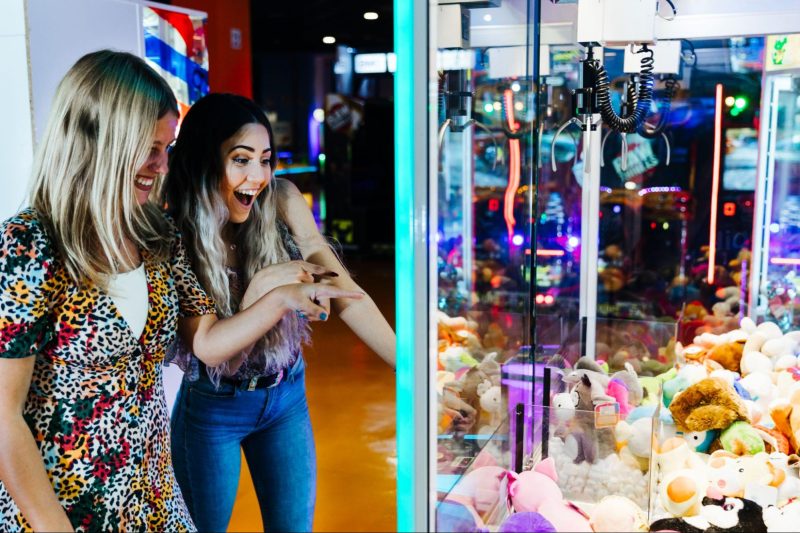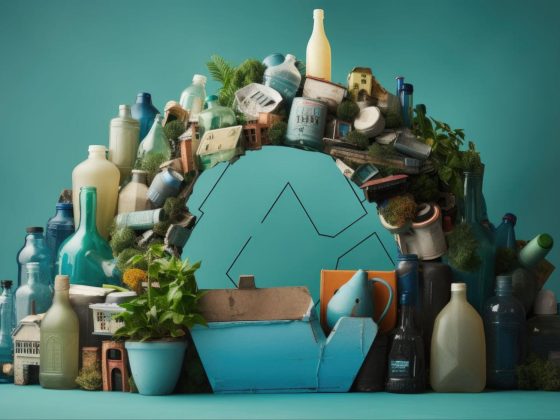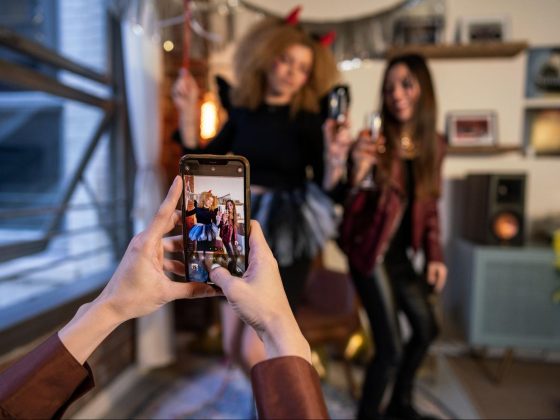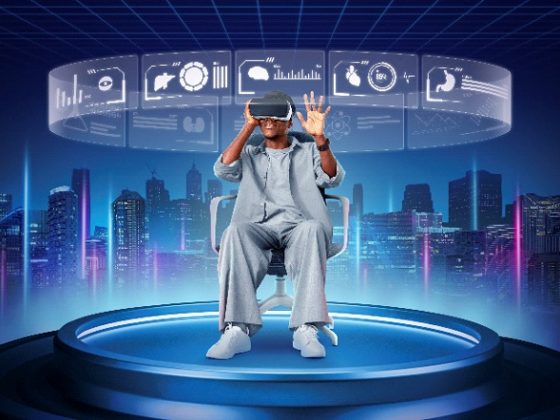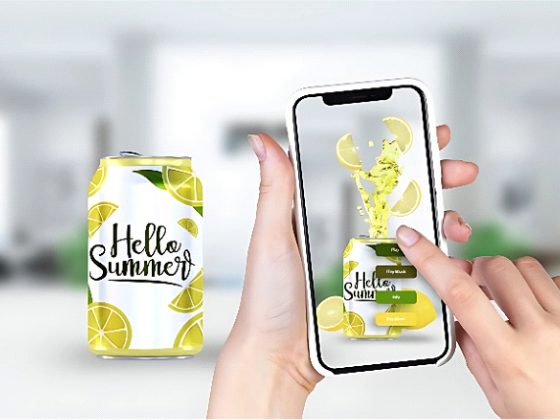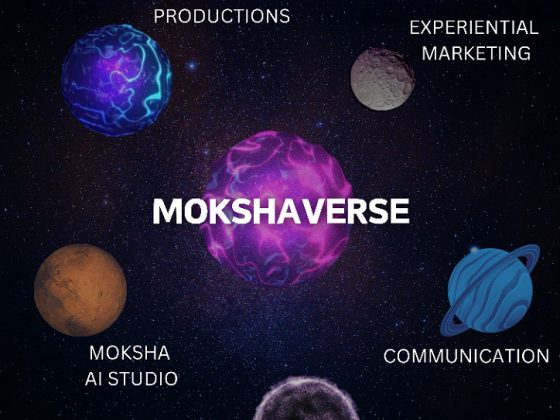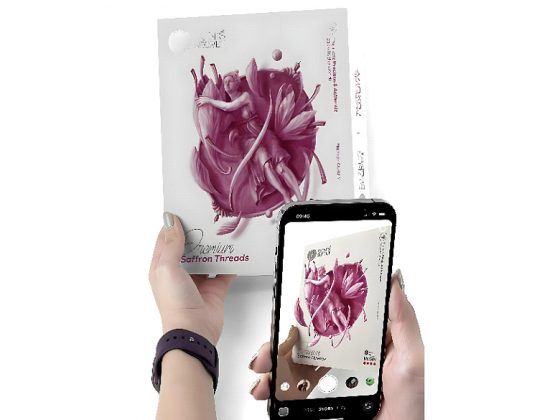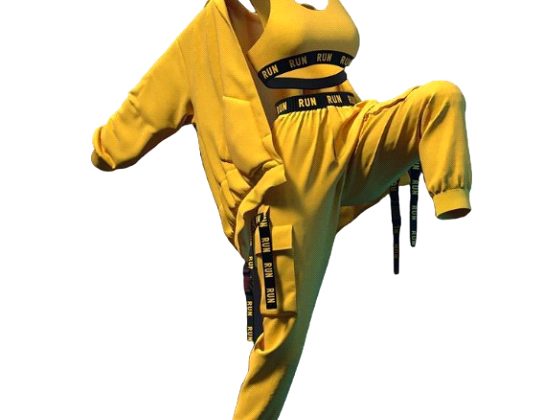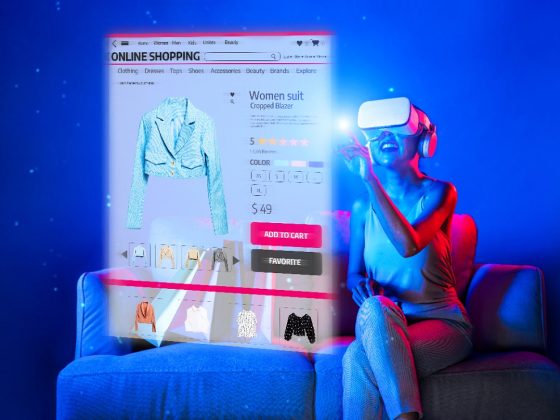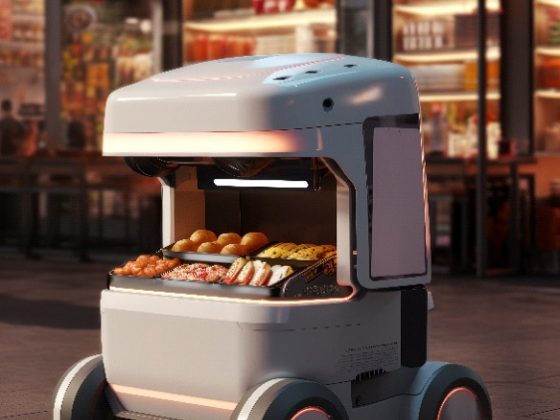Gamification As A Competitive Edge
In contrast to high- involvement industries like fashion and technology, FMCG products are often considered low- involvement purchases, making it more challenging to establish consumer loyalty. Gamification gives brands an edge by transforming these routine transactions into engaging, memorable experiences. Early adopters of gamification are likely to cultivate stronger customer loyalty and brand recall than competitors relying solely on traditional advertising methods.
Unilever’s Dove brand offers a compelling example of gamification as a means to foster consumer loyalty while promoting brand values. The “Dove Self- Esteem Project” provides interactive online resources and educational games to encourage discussions on self-esteem, particularly among young people. By combining engaging content with socially relevant themes, Dove bolsters its brand values and forges a lasting emotional connection with consumers. This strategy elevates Dove’s position in the FMCG landscape, showcasing how gamification can differentiate a brand in a crowded market.
The Future of AI and VR integration in Gamification
The future of gamification appears especially promising with the integration of advanced technologies such as artificial intelligence (AI) and virtual reality (VR). AI enables brands to offer personalised gamified experiences tailored to individual consumer preferences, thereby making each interaction feel unique and meaningful. Conversely, VR offers immersive shopping experiences that allow consumers to “enter” virtual stores or interact with products from the comfort of their homes.

